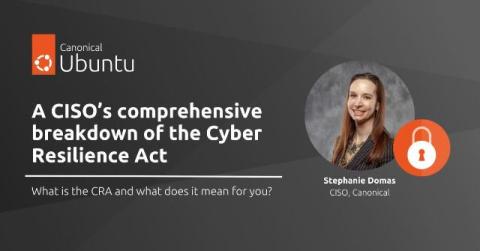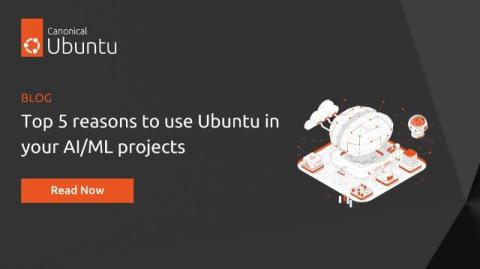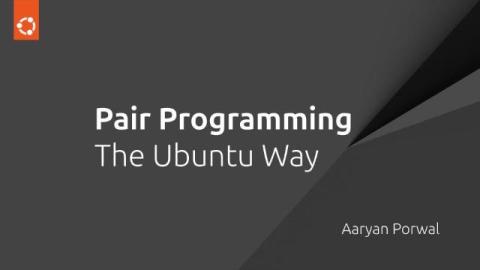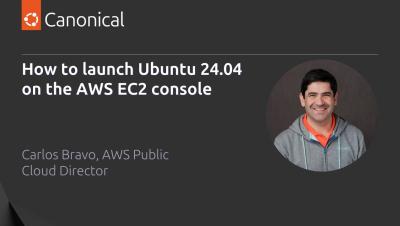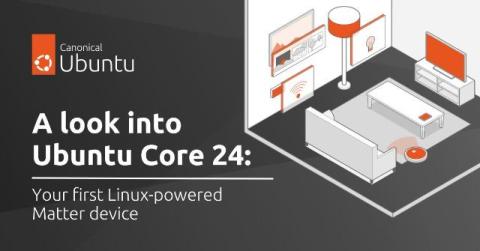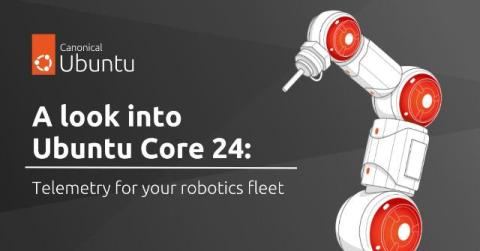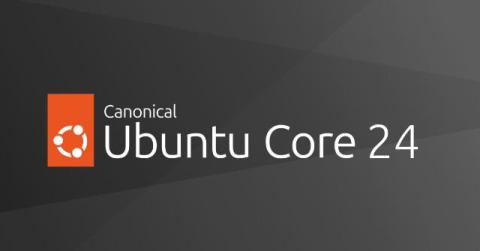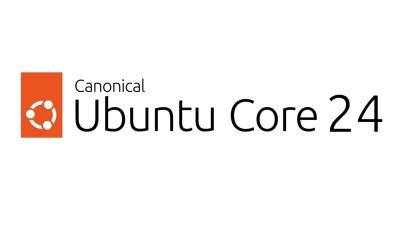A CISO's comprehensive breakdown of the Cyber Resilience Act
Strong, wide-reaching regulation can bring safety to communities – but it can also bring uncertainty. The Cyber Resilience Act (CRA) has proven no exception to this universal rule. Across the open source community and the wider tech landscape, people have been greeting the news with the whole spectrum of reactions: concern, anxiety, hope. But is there anything to fear? Does the CRA really change things in open source? And how should your teams be preparing for this legislation?


